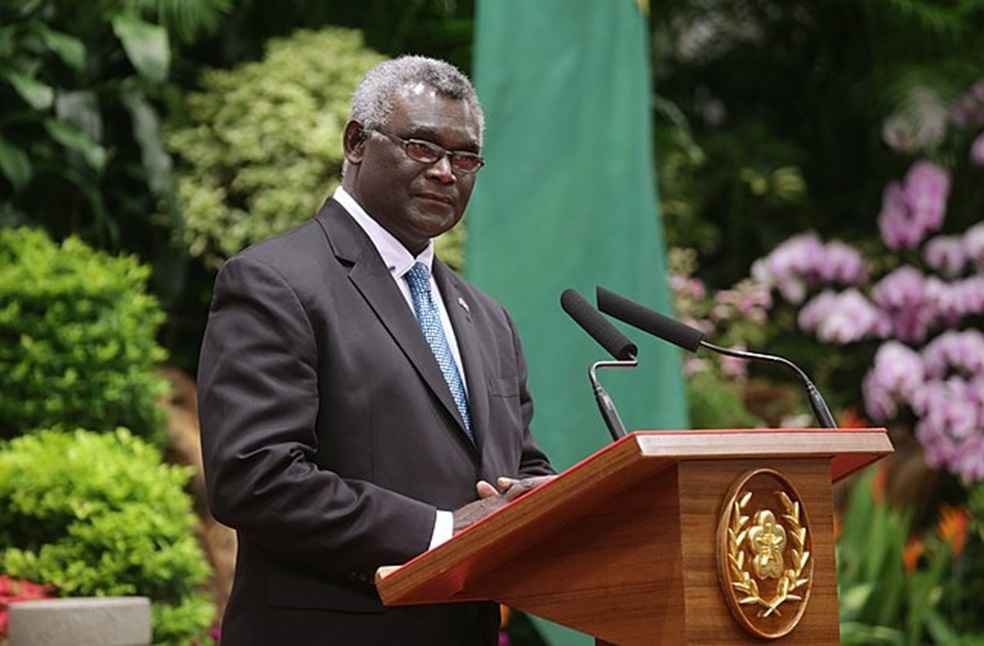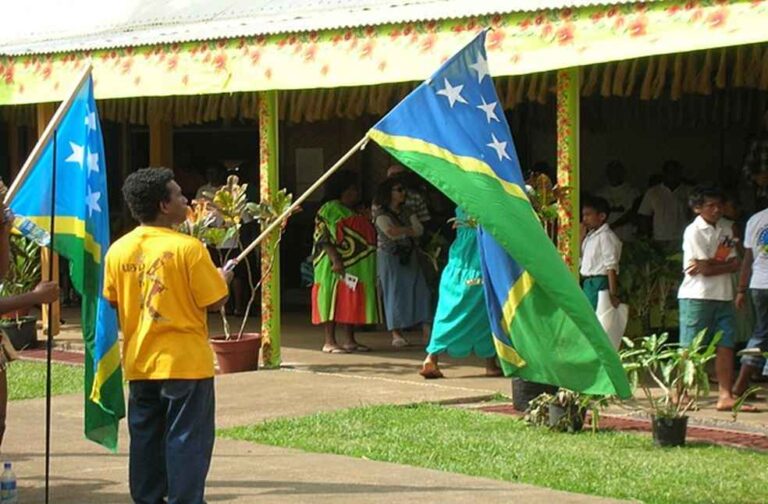Honiara: Solomon Islands’ people have begun voting in a national election since the government swapped tactful allegiances from Taiwan to Beijing. Prime Minister Manasseh Sogavare signed a security agreement with China in 2022, which brought the country closer to Beijing.
In the Solomon Islands, the night before an election is often referred to as Devil’s Night. It is common for political candidates to offer bribes to assure last-minute votes, ranging from cash to sacks of rice and Chinese-made solar panels. Despite the implementation of strict electoral laws, vote-buying remains prevalent in the Pacific nation’s elections.
However, the reason that this vote caught the attention of some of the world’s biggest powers is not because of this issue. The election results are of great interest to the United States, China, and Australia due to their potential impact on regional security. Opposition groups stated that voters in the Solomon Islands are more concerned about insufficient fitness assistance, education, and roads, and that is where they will concentrate their attention.

On voting day in the Solomon Islands, large masses assembled early outside heavily protected election booths in the capital city of Honiara to cast their ballots when the polls opened. It is a logistical challenge for the nation, which is made up of hundreds of volcanic islands and coral atolls, and includes a population of about 720,000.
Most of the 420,000 registered voters will cast their votes for 50 nationwide seats. Furthermore, for the first time, the national vote will overlap with local administration elections in eight of the 10 regions. Sogavare, being a candidate in the election, promised to strengthen ties with Beijing if he is re-elected. At the same time, his primary competitors want to lower China’s rising force in their country.

The election was supposed to take place last year, but it was postponed. This will be the first opportunity for citizens to vote since the Solomon Islands shifted its focus from the West towards Beijing.
Therefore, the vote could be viewed as a ‘referendum’ on incumbent leader Manasseh Sogavare’s ability to negotiate with powers like China and Australia to obtain concessions for his country.
The Solomon Islands is located approximately 1,600 kilometres (900 miles) north of Australia and is one of the poorest countries in the region due to decades of tribal conflicts. Up until 2017, Australia led a peacekeeping mission to the country.



